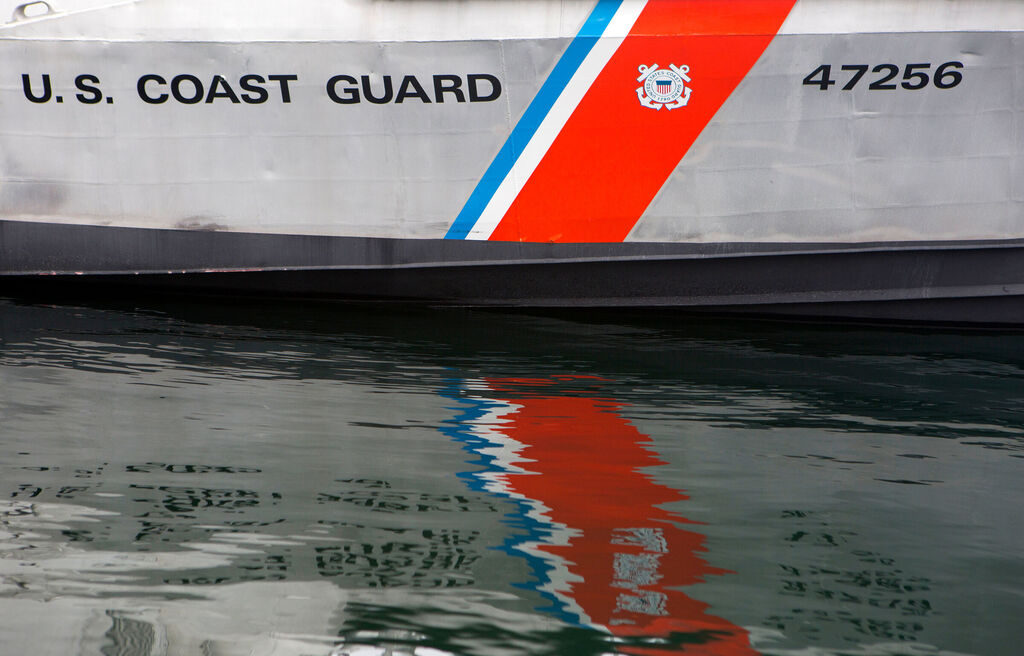[ad_1]
A Rockland man will not serve jail time for making a bogus distress call last year, but he has to repay the Coast Guard nearly $ 20,000 for the resources the agency spent on the search that l call triggered.
Nathan Libby, 32, pleaded guilty to making the bogus distress call earlier this year. Libby was sentenced Wednesday afternoon in a virtual hearing in federal court. Federal Judge Nancy Torresen ordered Libby to pay $ 17,500 in restitution to the US Coast Guard and placed him on probation for three years.
Torresen noted that the amount of restitution Libby must pay is a “small fraction” of what was spent on research. She did not specify what the total cost was.
At approximately 6:30 a.m. on December 3, 2020, the Coast Guard received a distress call claiming a boat was taking on water and the crew was preparing to leave the ship. But, after several hours of searching, the Coast Guard canceled the search, saying they suspected the call to be a hoax after finding no indication of anyone missing or in distress in the area.
In a recording of the call played at the time of the search, a man was heard calling for help, but did not identify himself or identify the name of the vessel. The indication of the name of the vessel is a common practice among fishermen when issuing a mayday.
“Help. Help. We’ve lost our rudder. And we’re taking water quickly. We don’t have enough pumps to cope,†the unidentified man said in the recording.
The appellant indicated that he was attempting to get the vessel to Atwood’s Lobster Co. in Spruce Head.
After searching the area around Atwood’s Lobster Co., a Maine Marine Patrol officer visited the nearby Spruce Head Fishermans Co-op and made contact with Libby, who worked at the cooperative, according to documents. judicial.
While at the co-op, the agent spoke to another co-op employee and played the recording of the call. The clerk said the man on call looked like Libby. The officer also discovered that the co-op had a VHF radio on the same channel on which the distress call had been made.
During a follow-up conversation with Libby, the officer recorded his voice, which was compared to the distress call from a research professor at the Language Technologies Institute School of Computer Science at Carnegie Mellon University in Pittsburgh. The professor confirmed that Libby’s voice was the same as the recording, according to court documents.
More articles from the BDN
[ad_2]

